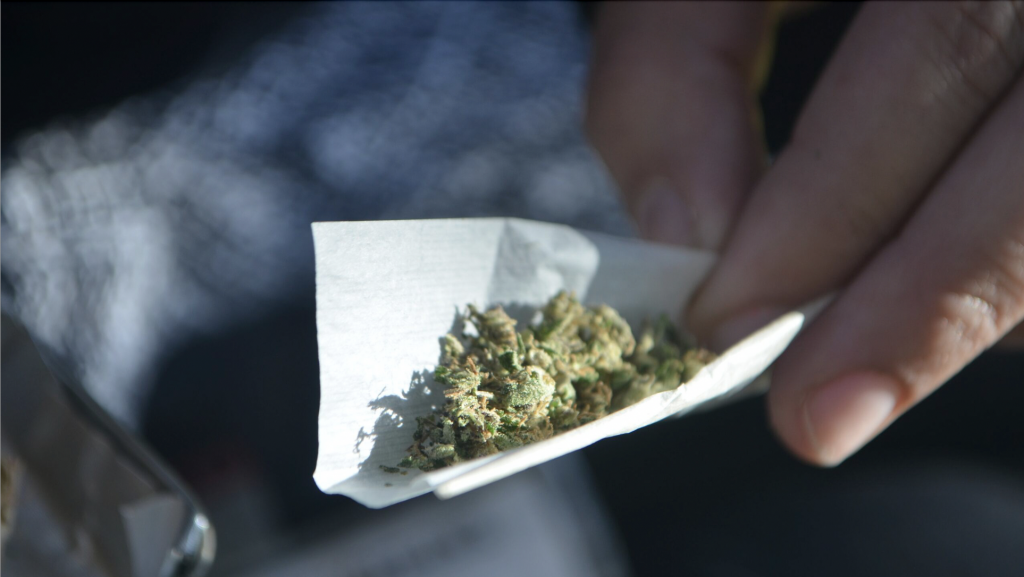In 1996, California set a precedent by becoming the first state to legalize the use of medical marijuana. Now, as of 2022, 38 states and the District of Columbia have legalized medical marijuana, and 19 of those states have legalized its recreational use, according to Business Insider. America’s response to cannabis has changed drastically over the past 30 years, and that change is especially evident with President Biden’s new pardon on convicts charged with marijuana possession.
The Biden administration announced in February 2021 of its goal to decriminalize cannabis. On Oct. 6, 2022, Biden acted upon his campaign promise and pardoned people who were federally convicted of marijuana possession.
President Biden’s pardon does not apply to those convicted of selling marijuana, nor does it bear any significance for those charged at a state level. Due to these exceptions, 98% of all marijuana-related arrests are up to the individual states, according to Eric Westervelt with NPR.
As a result of Biden’s limited power to cause change at the state level, the pardon he recently issued acts as a catalyst that he hopes will lead all remaining states to decriminalize marijuana. While many governors seem likely to follow Biden’s plan, there are some who remain adamantly opposed.
Unfortunately, President Biden’s plan will affect an insignificant amount of people convicted of marijuana possession, leaving more than half a million people at the mercy of their states’ governors, according to Pew
Research Center.
President Biden stated that part of the heart behind his legalization campaign is to provide a second chance to those who may have been unfairly convicted and to alleviate any racial bias in the criminal justice system.

The racial disparity regarding marijuana arrests is on the incline. In states such as Wisconsin, Black people are 34.9% more likely to be arrested for marijuana violations as opposed to their white counterparts, according to a Wisconsin Public Radio report. Even though both ethnicities have nearly the same marijuana consumption rate, people of color are treated disproportionately in some state cases.
Pardoning those convicted of cannabis possession will create an equalizer among the states that are yet to legalize marijuana, and it can also help reduce the disparity in arrests related to its possession. Additionally, Biden’s plan can give a clean slate to those in need. With an untainted record, convicts can apply for jobs, loans, apartment leases, etc., without being hindered by their pasts.
Biden is pushing for the legalization of marijuana possession nationwide, and doing so will significantly decrease marijuana-related arrests and benefit the economy and taxpayers. Arresting convicts with cannabis-related charges costs thousands of dollars per arrest, and the cost of each arrest increases depending on the case’s court fees. With marijuana being legalized in most states, continuing to criminalize the possession of cannabis and spending taxpayer dollars to incarcerate these individuals is pointless and ultimately results in negative effects on the economy and the taxpayers.
While remaining state governors may remain opposed to the legalization of marijuana, possession arrests have decreased by 70% in states that have legalized it, which has saved their taxpayers money, according to a University of California study of FBI statistics. It has also lowered racial disparities involving cannabis-related arrests, and it has decreased the incarceration rates among youths and adults, setting them up for a new future with second chances.
Daniel is an opinion writer for the Liberty Champion